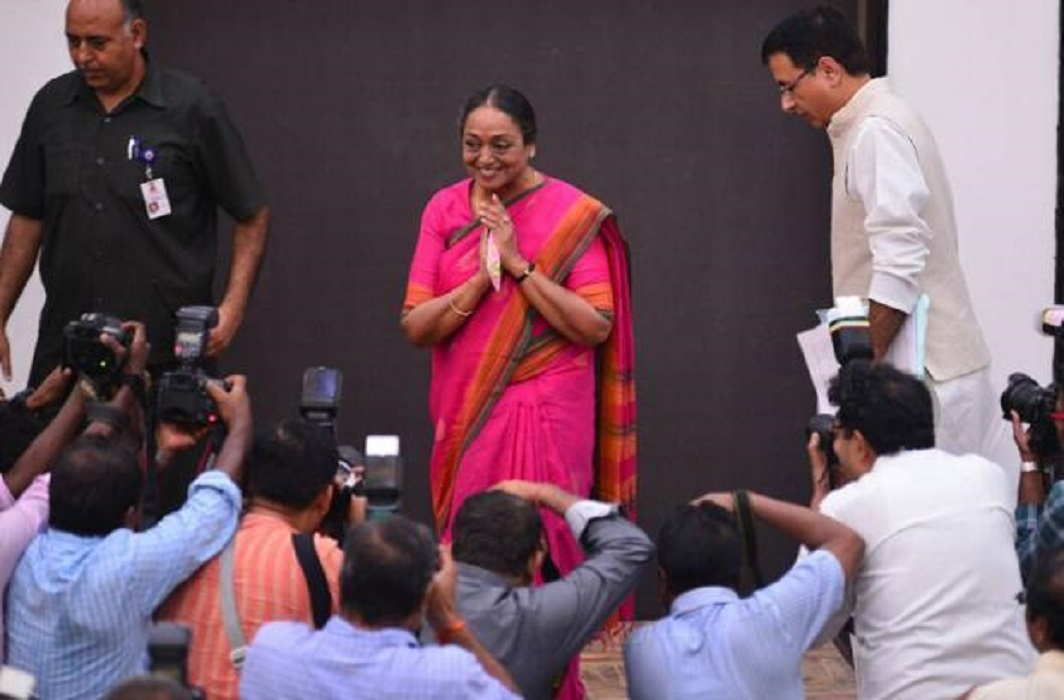Latest Politics News
2017 Presidential polls: Meira Kumar says the caste system should be buried deep down in the earth

India News
BJP to launch 5,000-km Parivartan Yatra across West Bengal ahead of Assembly elections
India News
BJP alliances in Assam likely to be sealed by March 10
India News
Ajit Pawar’s son seeks detailed probe into Baramati plane crash
Jay Pawar has demanded a comprehensive probe and action against the aviation firm after the Baramati plane crash that killed Ajit Pawar and four others.
-

 Cricket news17 hours ago
Cricket news17 hours agoT20 World Cup 2026 Super 8 points table after England beat New Zealand by four wickets
-

 India News17 hours ago
India News17 hours agoBJP alliances in Assam likely to be sealed by March 10
-

 India News17 hours ago
India News17 hours agoBJP to launch 5,000-km Parivartan Yatra across West Bengal ahead of Assembly elections
-

 Latest world news17 hours ago
Latest world news17 hours agoTrump declines to intervene as Pakistan-Afghanistan tensions escalate
-

 Latest world news14 hours ago
Latest world news14 hours agoIsrael, US strike Iran as explosions rock Tehran, sirens sound in Tel Aviv
-

 LATEST SPORTS NEWS11 hours ago
LATEST SPORTS NEWS11 hours agoRanji Trophy final highlights: Jammu and Kashmir clinch maiden title after draw with Karnataka












